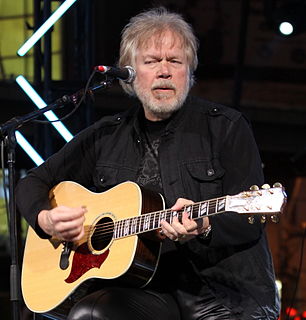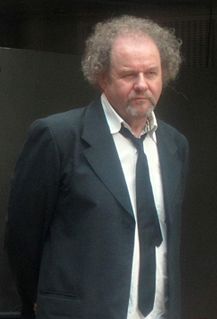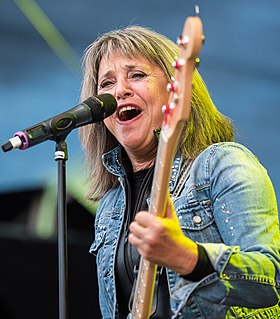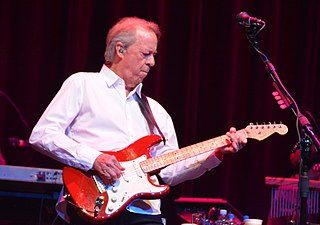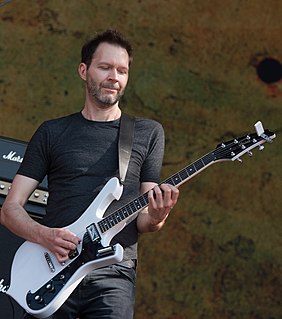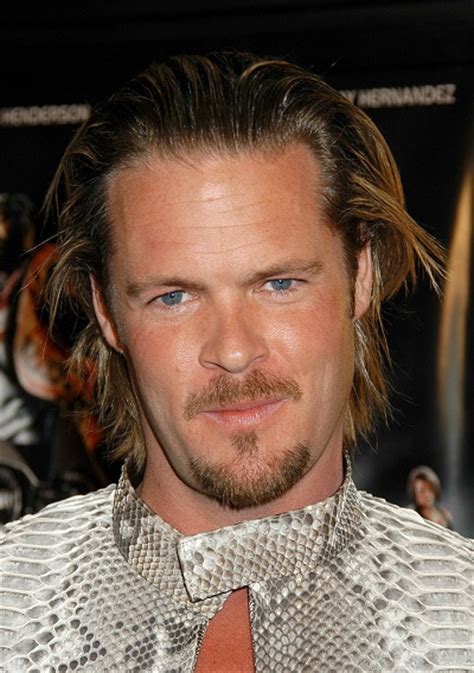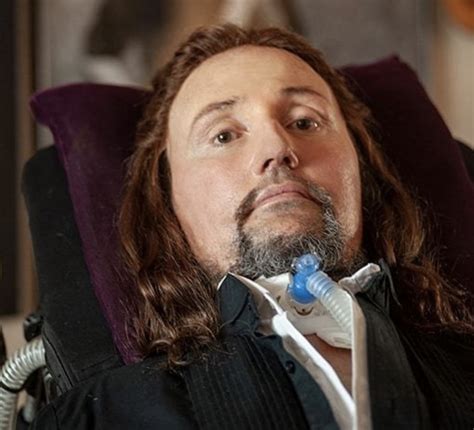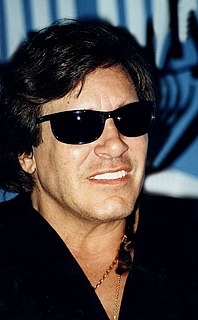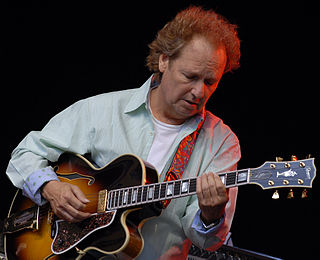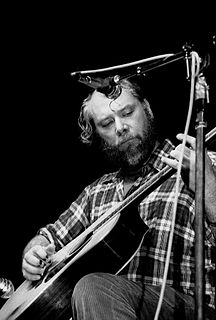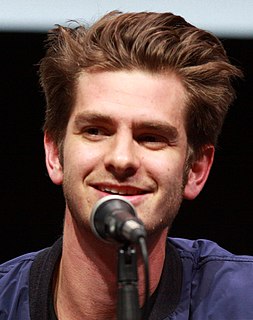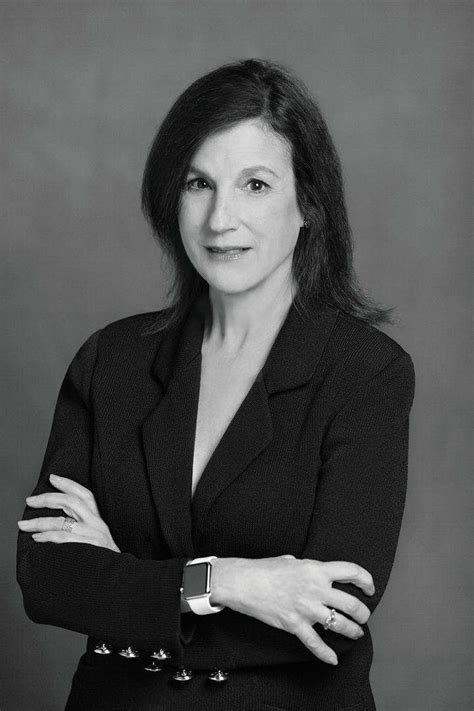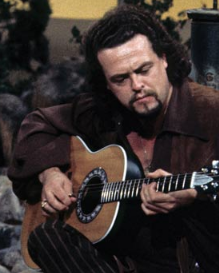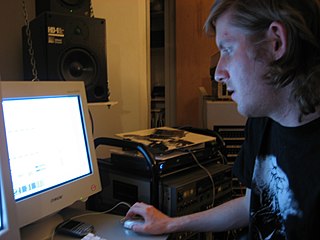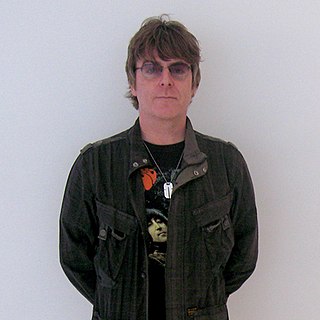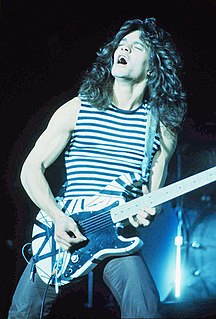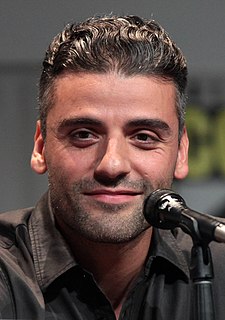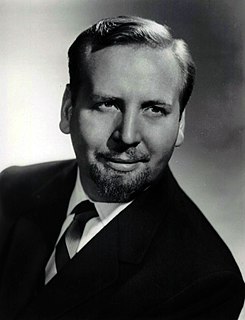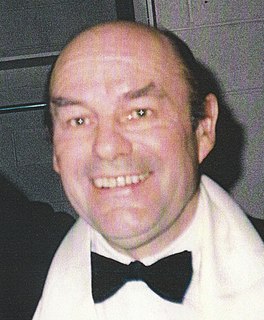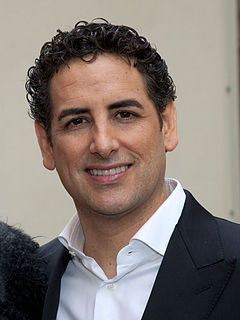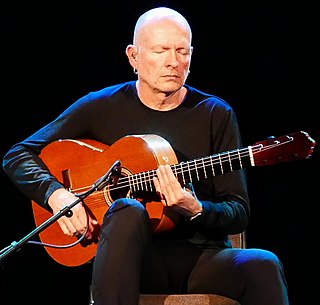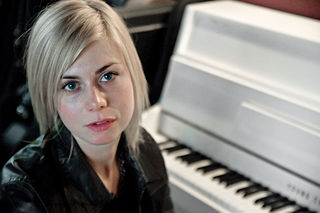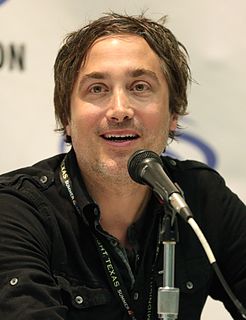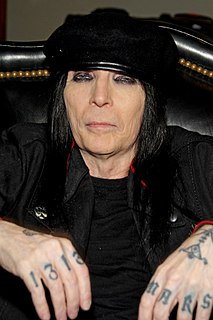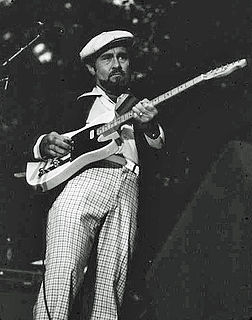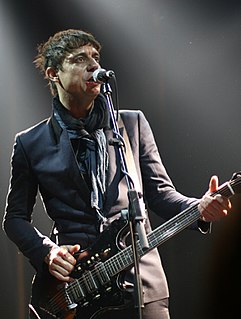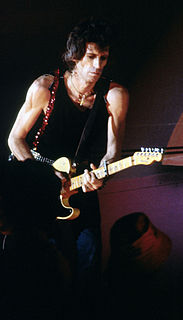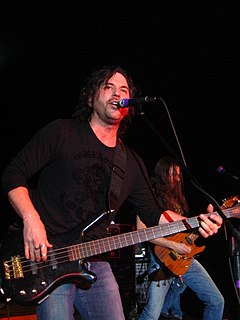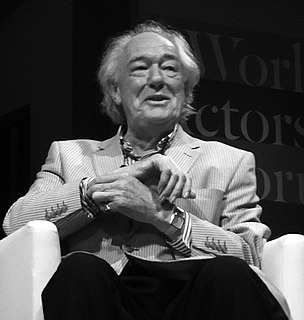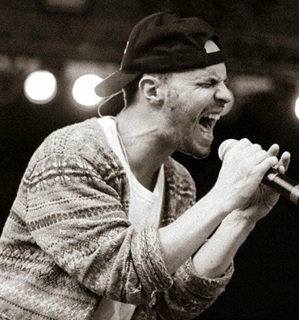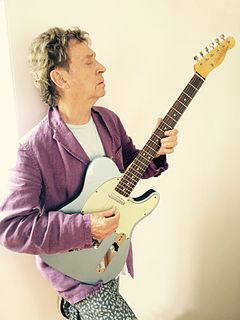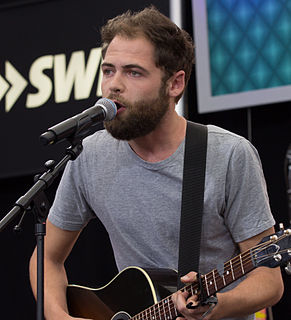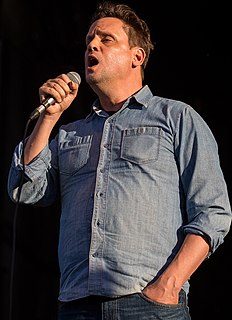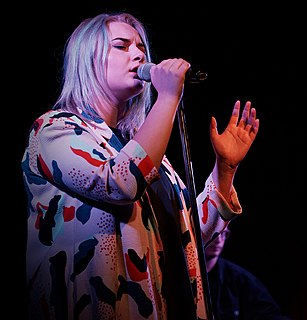Top 1200 Classical Guitar Quotes & Sayings
Explore popular Classical Guitar quotes.
Last updated on April 14, 2025.
The guitar is such an incredible instrument; it plays classical, flamenco, jazz, country, bluegrass, rock, acid, blues. You'll never see a clarinet playing Black Sabbath. But you will see a guitar in a clarinet band playing rhythm. It is the most popular instrument in the world; it is the one everybody loves.
... Andres Segovia literally created the genre of classical guitar, which hadn't existed before around 1910. There was flamenco, which he borrowed from, but he actually arranged the works of Mozart and other classical composers for guitar, something that had never been done before ... Segovias' style is not slick or contrived, but it's still very clean and his timing is impeccable ... it's got a feeling of casual elegance, as if he's sitting around the house in Spain with a jug of wine, just playing from the heart.
I went to school to learn guitar, solfeggio, and harmony. I wanted to know more about music, how it works. I wanted to take voice lessons, too, and that's when I discovered what I could do with my voice. At the beginning, I thought I would do classical and pop, but then I learned that I really liked the classical music.
When I came to the States, I still wanted to be an electric guitar player. But moved to Santa Fe in '86. And just decided that nylon string guitar is really what I wanted to do... And that really change my life totally as well... And Santa Fe is one of those really unusual places that is such an interesting mix of culture. There is a lot of from restaurants to music... I remember one of the first groups I saw playing there in the back of a restaurant, was a banjo player, a classical violinist, and a flamenco guitarist. And I thought to myself, "What? You know, this is great."
I was doing someones hair the day I first saw my guitar ... a guy was walking down the street with it, and knew that guitar was mine (a 1953 weathered Fender Telecaster) .. I said I'll get you the most beautiful guitar you've ever seen and I'll trade you straight across ... I found him a purple Telecaster and said here's your guitar ... that was it, it was like he knew that guitar belonged to me.
When I was nine years old, I started playing guitar, and I took classical guitar lessons and studied music theory. And played jazz for a while. And then when I was around fourteen years old, I discovered punk rock. And so I then tried to unlearn everything I had learned in classical music and jazz so I could play in punk rock bands.
There was a show in Germany called Beat Club, and they had a lot of bands playing live. And I had this master plan, at 11 years old, I wanted to play electric guitar, but I knew... We lived in a small apartment, there was no way that was going to happen. I told my parents I wanted a classical guitar and I wanted to start studying classical guitar. So then a few years later, I think around 16 or so, I started playing electric. But that was my, my plan as an 11 year old. I thought I was so crafty.
Andres Segovia, the great name for guitar, he put classical guitar on the map. He was the proponent of it, the best in the world. So I was listening to a record that he had made, and a little bauble happened in the middle of the record. A finger slipped, and I said, 'Wait a minute. He's not allowed to make mistakes,' - my mind.
